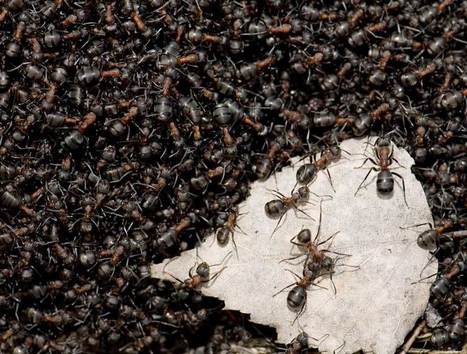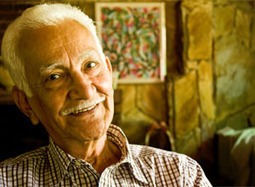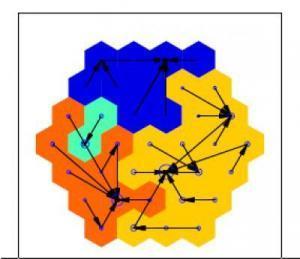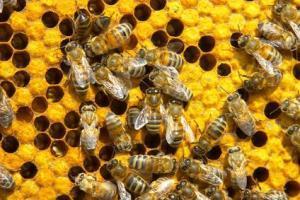All the most fundamental institutions of a functioning society—healthcare, education, criminal justice, banking, politics– “do not work the way that they should.” Our carrots and sticks seem to miss the point, or make things worse. To resolve the problem one need only return to the ancient Greeks. “We need virtue,” he said. “A virtue that Aristotle referred to as ‘practical wisdom.’” It is very simple, really. Practical wisdom is “the will to do the right thing and the skill to figure out what the right thing is. “
Research and publish the best content.
Get Started for FREE
Sign up with Facebook Sign up with X
I don't have a Facebook or a X account
Already have an account: Login

 Your new post is loading... Your new post is loading...
 Your new post is loading... Your new post is loading...
|
|




























